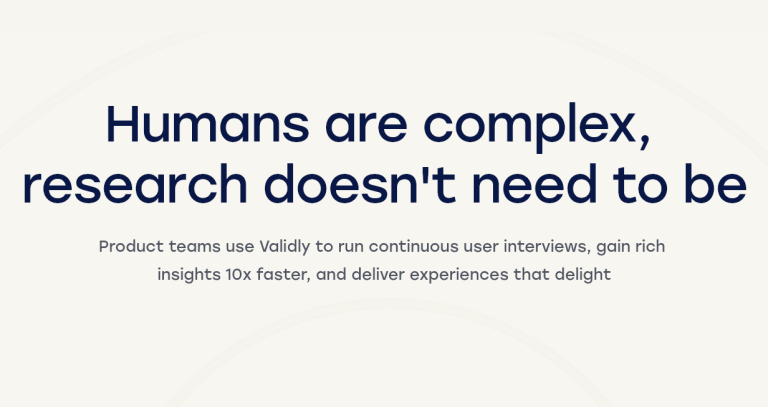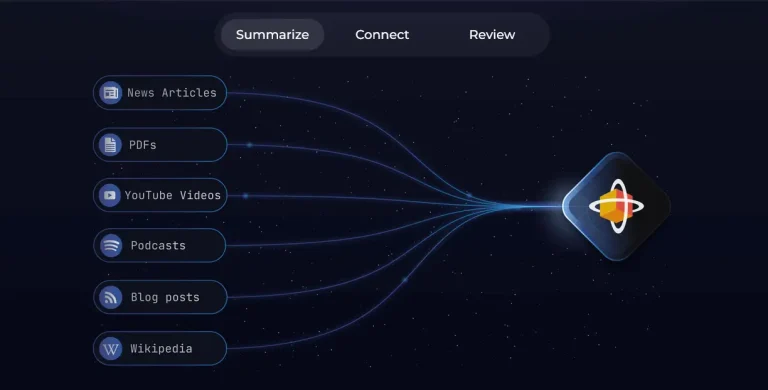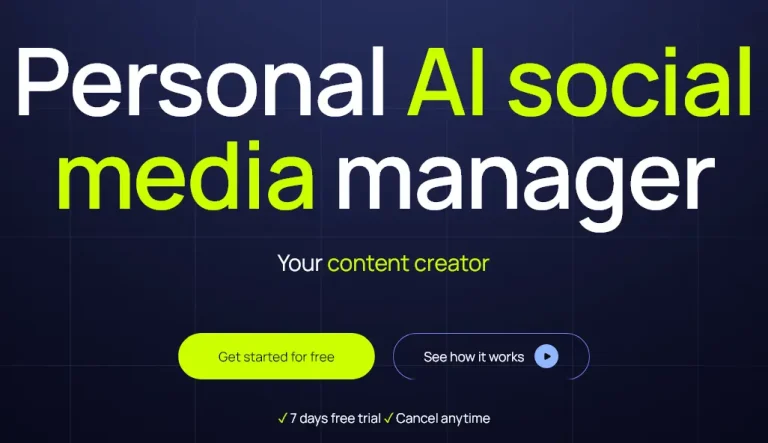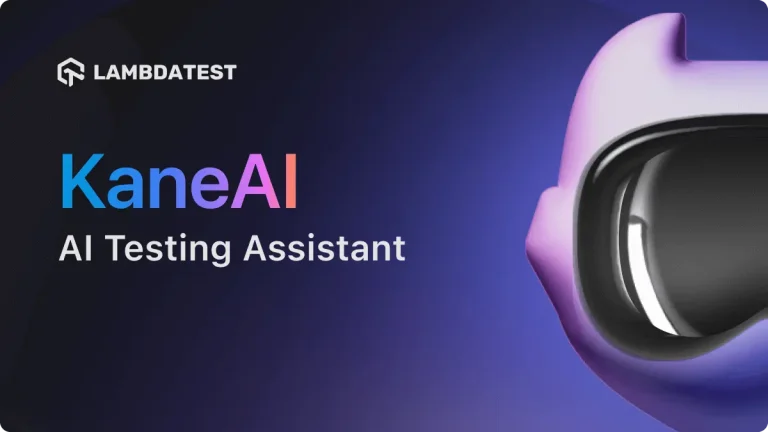Validit.ai offers a promising technology with potential applications in various fields. However, carefully weigh the benefits against the limitations, including the lack of robust scientific evidence, privacy concerns, potential for bias, and ethical considerations before using it. Remember, relying solely on technology for deception detection is risky, and responsible use, transparency, and respect for individual privacy are paramount.
Features:
- Bio-signal processing: Analyzes physiological responses like heart rate, breathing patterns, and micro-expressions to assess potential deception.
- Behavioral science analysis: Utilizes algorithms based on behavioral science principles to interpret non-verbal cues and speech patterns.
- Real-time assessment: Provides immediate feedback on potential deception during ongoing interactions.
- Mobile app platform: User-friendly app interface for conducting assessments on smartphones.
- Customizable reports: Generates detailed reports with insights and scoring results.
- Integrations: Integrates with existing security and identity verification systems.
Potential Uses:
- Fraud prevention: Detect deceptive behavior during financial transactions, loan applications, or insurance claims.
- Security screening: Enhance personnel screening processes for government agencies or private security firms.
- Law enforcement investigations: Assist in criminal investigations and witness interviews.
- Customer service: Identify potentially fraudulent customer interactions or warranty claims.
- Hiring and onboarding: Assess candidate sincerity during interviews and background checks.
- Personal use: Gain insights into potential deception in personal interactions (use with caution and ethical considerations).
Benefits:
- Increased accuracy: Bio-signal and behavioral analysis combined for potentially better deception detection compared to traditional methods.
- Real-time insights: Gain immediate feedback during crucial interactions for faster decision-making.
- Enhanced security: Mitigate risks associated with fraud, theft, and other deceptive activities.
- Improved efficiency: Streamline screening and verification processes, saving time and resources.
- Data-driven decisions: Base assessments on objective data rather than subjective judgment.
- Potential for personal awareness: Can aid in understanding nonverbal cues and deception tactics (use responsibly).








